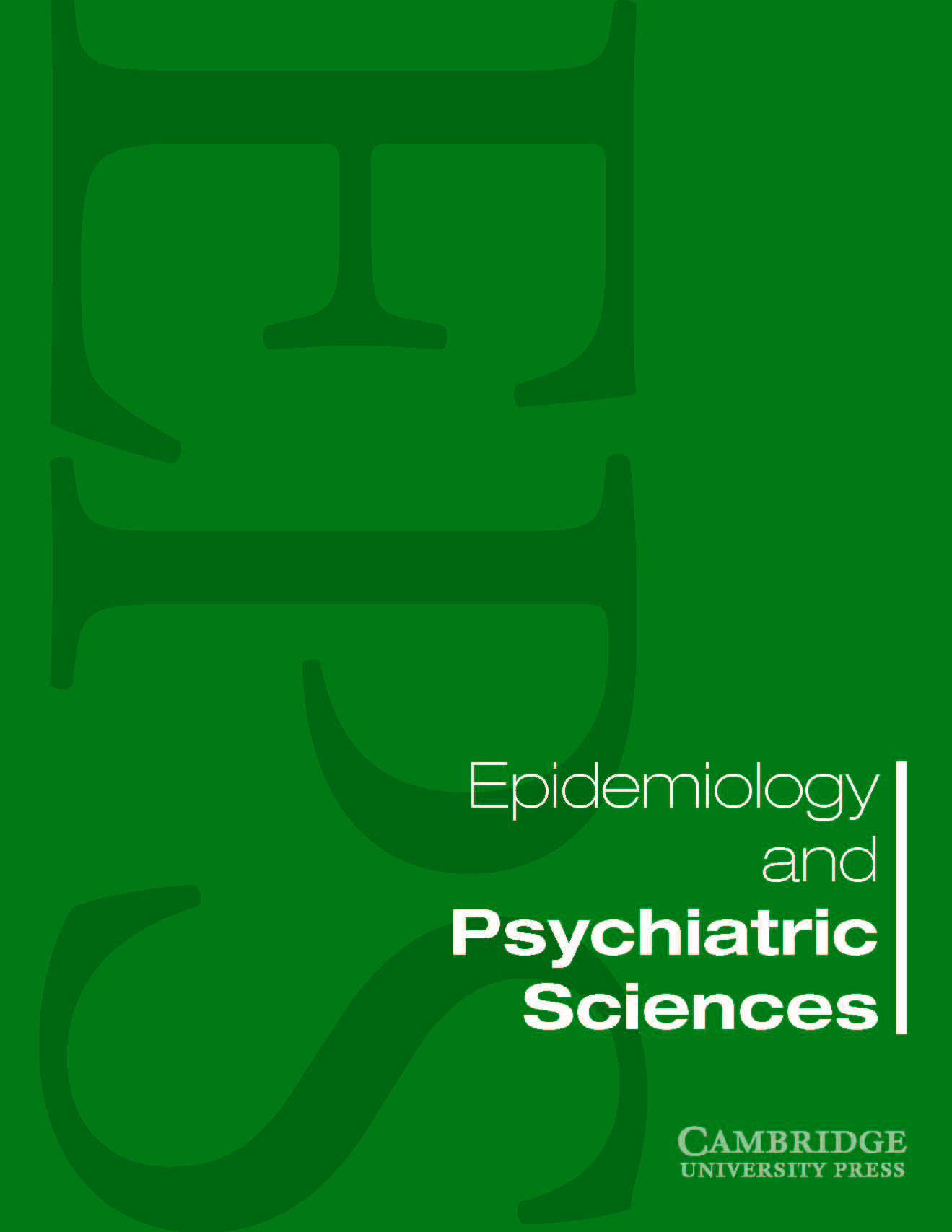SSRI 后性功能障碍:量化发生率和流行率的障碍
IF 6.1
2区 医学
Q1 PSYCHIATRY
引用次数: 0
摘要
虽然性功能障碍是服用选择性血清素再摄取抑制剂(SSRIs)的一种众所周知的副作用,但在数量不确定的患者中,停用 SSRIs 后性功能并没有恢复到用药前的基线。这种情况被称为 SSRI 后性功能障碍(PSSD),最常见的特征是生殖器麻木、无快感或性高潮微弱、性欲减退和勃起功能障碍。本文结合学术文献以及临床和研究经验,对 PSSD 的发病率和流行率进行了评述。文章概述了量化 PSSD 发生率的一些障碍,包括难以设计合适的研究方法。其他背景障碍包括患者在提出性问题时的尴尬、医疗保健专业人员的反应、部分患者因停药问题而无法停用抗抑郁药物、患者不知道其性障碍与之前的药物治疗有关,以及在线信息的多变性和公众教育信息的缺乏。PSSD 的定义和诊断标准已经公布。此外,还引入了 PSSD 的 MedDRA 代码,但尚未被监管机构采纳。本文章由计算机程序翻译,如有差异,请以英文原文为准。
Post-SSRI sexual dysfunction: barriers to quantifying incidence and prevalence
While sexual dysfunction is a well-known side effect of taking selective serotonin reuptake inhibitors (SSRIs), in an undetermined number of patients, sexual function does not return to pre-drug baseline after stopping SSRIs. The condition is known as post-SSRI sexual dysfunction (PSSD) and is characterised most commonly by genital numbness, pleasureless or weak orgasm, loss of libido and erectile dysfunction. This article provides a commentary on the incidence and prevalence of PSSD based on a combination of academic literature as well as clinical and research experience. A number of obstacles to quantifying the occurrence of PSSD are outlined including difficulty in designing a suitable study method. Other contextual obstacles include patient embarrassment at raising sexual concerns, the response of healthcare professionals, inability to stop an antidepressant due to withdrawal issues in a proportion of patients and patient unawareness that their sexual difficulties are linked to prior medication compounded by variability of online information and a lack of information aimed at public education. A definition of PSSD with diagnostic criteria has been published. A MedDRA code for PSSD has also been introduced, but this is yet to be adopted by regulators.
求助全文
通过发布文献求助,成功后即可免费获取论文全文。
去求助
来源期刊

Epidemiology and Psychiatric Sciences
PSYCHIATRY-
CiteScore
7.80
自引率
1.20%
发文量
121
审稿时长
>12 weeks
期刊介绍:
Epidemiology and Psychiatric Sciences is a prestigious international, peer-reviewed journal that has been publishing in Open Access format since 2020. Formerly known as Epidemiologia e Psichiatria Sociale and established in 1992 by Michele Tansella, the journal prioritizes highly relevant and innovative research articles and systematic reviews in the areas of public mental health and policy, mental health services and system research, as well as epidemiological and social psychiatry. Join us in advancing knowledge and understanding in these critical fields.
 求助内容:
求助内容: 应助结果提醒方式:
应助结果提醒方式:


